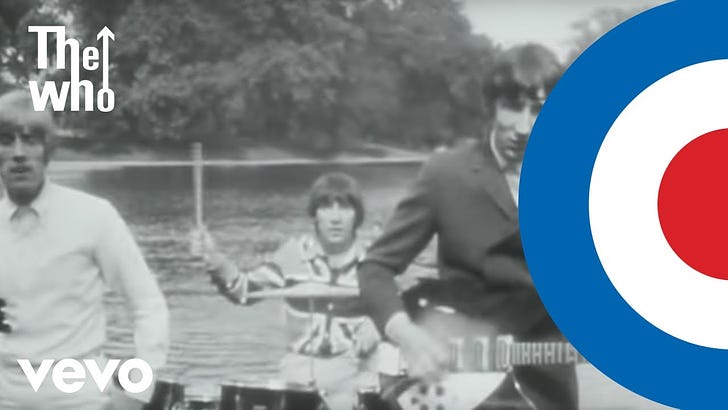THE WHO may have won and maintained its devoted and massive following thanks to the flamboyant intensity of its peerless live performances and the surging power of its records. But, beneath the maddening volume and surface ferocity of the shows, there is that sensibility of acute intelligence which has given rock and roll much of its artistic and intellectual credibility.
That essential core of sanity in the Who's music is reflected in the work and words of its guitar playing songwriter, Pete Townshend. Townshend would be deserving of lasting honor in the rock world if he had done nothing more than compose 'My Generation', the 1965 anthem of adolescent assertiveness that defined the raucous lifestyle of England's cool, fashionable mods.
But Townshend's vision continued to expand. In the 1967 album The Who Sell Out, he and the Who created the first serious rock concept album, complete with Radio London time signatures and radio commercials intertwined with the songs. With Tommy, often ha…
Keep reading with a 7-day free trial
Subscribe to Critical Conditions by Wayne Robins to keep reading this post and get 7 days of free access to the full post archives.



